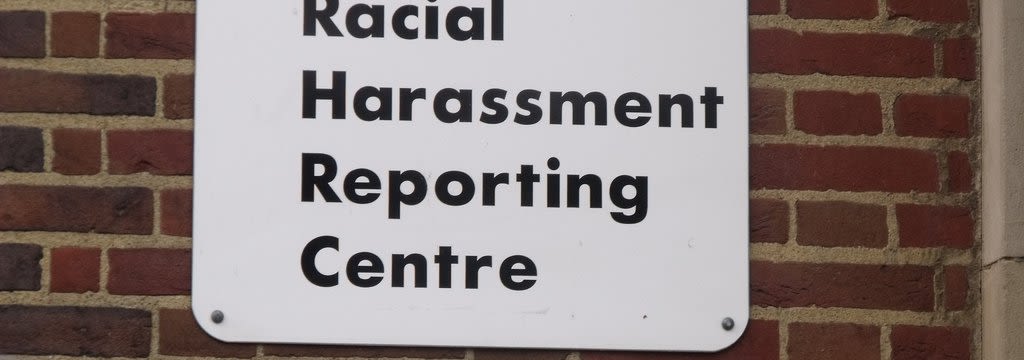
Racial Bias Against Employees: Is the Employer Liable
Employers can be held liable for racial bias for specific actions that they take against applicants and employees. Through vicarious liability principles, they can also be held liable for the actions of their employees.
Hiring Decisions
Employers are prohibited from basing hiring decisions off of an applicant’s race or color. Employers should not state a racial preference in their job advertisement. They should not ask employment agencies to refer applicants only of a particular race. They should also avoid relying only on word-of-mouth employee referrals to avoid a homogenous work environment.
Employment Decisions
Employers are also prohibited from discriminating against applicants or employees because of their race or color for other terms and conditions of employment, including:
Promotion
Benefits
Wages
Work assignments
Training opportunities
Transfers
Performance evaluations
Discipline
Discharge
Layoffs
Employers are prohibited from intentionally discriminating against applicants and employees on the basis of race or color such as when an employment decision is affected by the person’s race. This includes considering stereotypes about the race or color associated with the applicant or employee. Additionally, employers are prohibited from instituting racially neutral policies that have a disparate impact on a certain race or color. For example, having a policy that excludes anyone with an arrest can have a disparate impact on certain racial groups. Employers must also be careful with basing employment decisions on the results of a test if the test has been shown to skew results based on race or color.
Harassment
Racial harassment is a prohibited form of racial discrimination. It is unwelcome conduct that unreasonably interferes with an employee’s or applicant’s ability to perform his or her job or that creates a hostile work environment. Harassment may take the form of racial jokes, epithets or name calling. It can also stem from physical assault, interfering with work performance, intimidating or ridiculing an applicant or employee because of his or her race or color. Employers are responsible for creating a harassment-free workplace. They can be held liable for harassment committed by supervisors, coworkers or even non-employees. For the conduct to arise to the level of an actionable claim, it must usually be more than an isolated incident unless it is very serious.
Avoiding Racial Bias
Employers can take proactive steps to avoid racial bias. Employers can create policies that clearly communicate that racial bias will not be permitted in the workplace and that provides information about the disciplinary action that may arise if a supervisor, co-worker or other individual acts in a racially discriminatory or harassing manner. Additionally, employers should avoid basing work assignments, discipline, training opportunities, promotions or performance evaluations on an employee’s or applicant’s race or color. Employers should also establish clear policies and procedures so that applicants or employees know how to report complaints regarding racial bias or discrimination. Managers should be trained on identifying and responding to racial bias and complaints. Having a responsive system to these types of complaints can often avoid liability in a racial discrimination claim.
Follow us on twitter! @lynchserviceco
Cite this article: Lynch, N. (2017). Racial Bias Against Employees: Is the Employer Liable. Available: https://www.lynchlf.com/blog/racial-bias-against-employees-is-the-employer-liable/